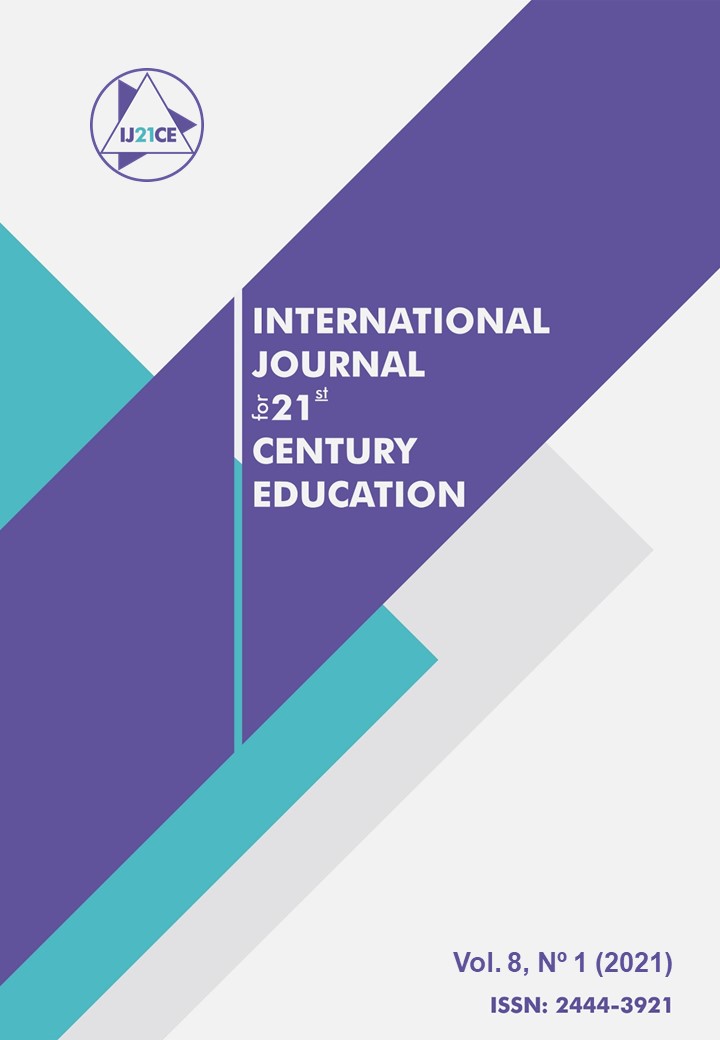GENDER GAPS IN HIGHER EDUCATION IN CHILE AND THEIR IMPACT ON LABOR SEGREGATION. A SYSTEMATIC REVIEW
Main Article Content
Abstract
From a systematic review of the existing literature in databases such as WoS, Scopus and Scielo and by making use of the PRISMA model, 25 articles on the relationship between gender and occupational segregation in the last 5 years in Chile have been analyzed. Horizontal occupational segregation begins at the very moment in which women choose their degree since it will have a repercussion in their future for it affects their future decisions, their future working life, their fields of expertise and even there are learning methodologies linked to gender. The presence of stereotypes and role models affecting the occupational breakdown by gender are catalysts of the intrinsic constraints (internalized beliefs) and extrinsic constraints (those linked to the norms and existing procedures, or the absence of them in higher education), since they discourage the irruption of women in fields which have been traditionally associated to men. With regards to higher education, women tend to enroll in the fields of health, education and social services whilst men focus on STEM fields. It is important to highlight that in Chile there are more women who enroll in the university regardless of the nature of the institution. However, there are fields of knowledge in which the gender gap is sharp. According to the data gathered by the Subsecretaría de Educación Superior of Chile, the gender gap in basic sciences is -0.1% whilst it reaches a -65.7% in Technology.

